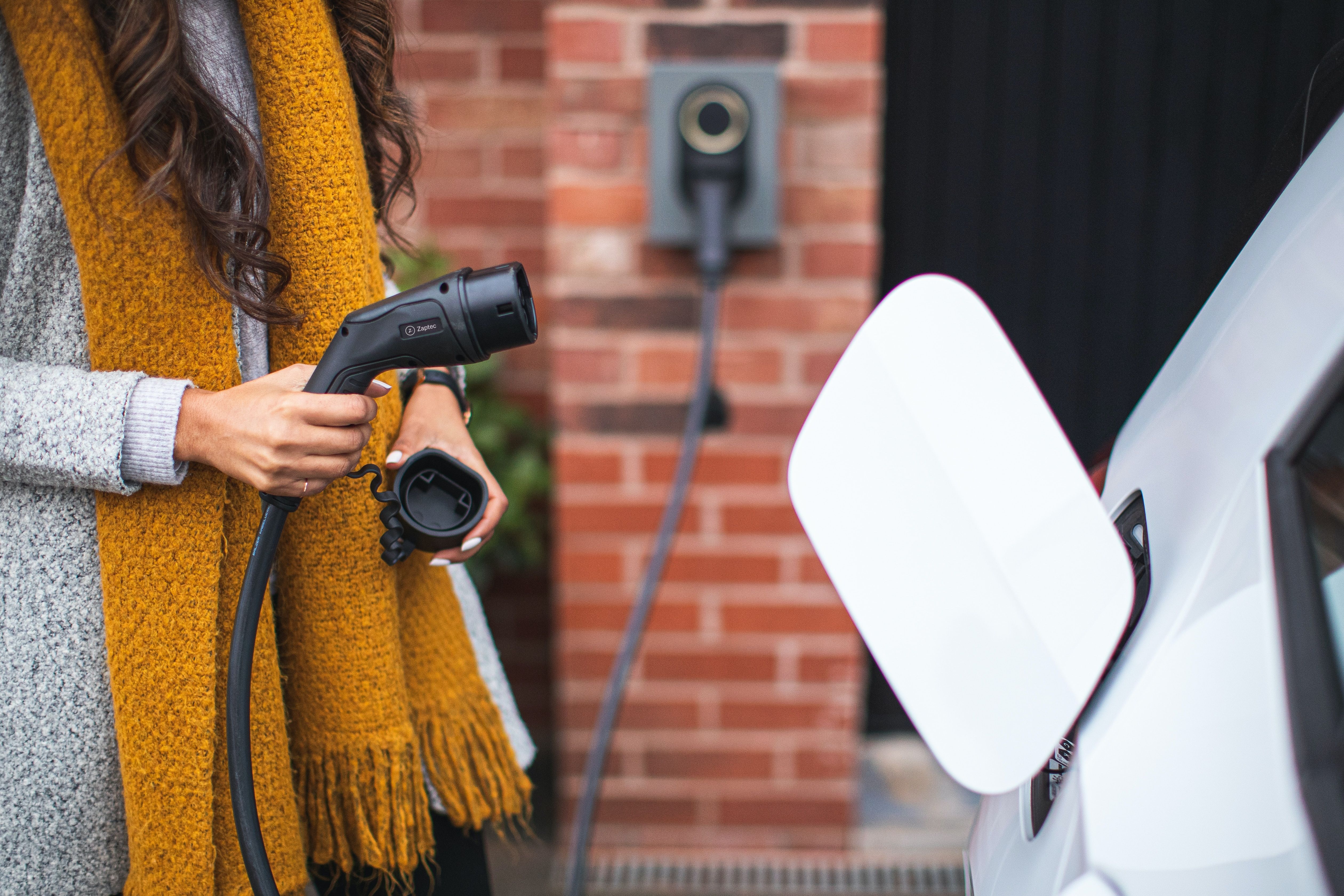July 23, 2023
Getting an EV
We were careful to call this page ‘Getting an EV’ rather than ‘Buying an EV’, because many people behind the wheel of electric vehicles in the UK have chosen not to purchase the car at all. The best way to acquire an EV is dependent on a lot of things, including budget, commitment level and personal situation.

One of the first considerations is whether or not you want a brand new electric vehicle or if a used car might be a better fit. If you are looking for a brand new electric vehicle, your options may include:
- Outright purchase
- Leasing
- Salary sacrifice
- Company car
- Subscriptions
Outright purchase does what it says on the tin - you pay the full balance for a car upfront. This is fairly uncommon practice - in the UK in 2021, some 92% of all brand new vehicles were purchased with traditional debt finance products.
2022 saw a significant shift downwards in this number, to 84%, which is broadly believed to be linked to the significant increase in EV adoption that year - which is not to say that more EV owners buy cars outright, but more to do with other, more tax advantageous finance options available for EVs, such as salary sacrifice as detailed further below.
Leasing is an agreement where a fixed monthly fee is paid to a finance provider, which allows you to ‘rent’ a brand-new car for (normally) between two and four years. After that term expires, you can just hand the car back and choose another new car.
It’s important to note there are two main forms of leasing for individuals (luckily the difference is simple).
1) Personal Contract Hire (PCH)
2) Personal Contract Purchase (PCP)
PCH is a form of long-term rental, an initial payment is made followed by a fixed monthly amount based on the duration of your contract, handing the car back at the end of the term.
PCP provides the option of owning your car at the end of the lease. You have the option to purchase the vehicle for a price agreed at the beginning of your contract.
Subscriptions are different than leasing in more ways than one:
- Very short minimum contract terms, and flexible contract lengths
- Little to no deposit required
- Insurance, maintenance, and breakdown included.
- Sometimes the vehicle can be delivered direct to your home.
- Additional options can be included, in the form of home charging equipment, access to public charging networks and EV friendly home energy tariffs.
Salary Sacrifice works like a company Cycle to Work Scheme:
- As an employee, you agree to a portion of your gross salary to be ‘sacrificed’, which covers the cost of the lease of a brand-new EV of your choice.
- The fixed monthly payments from your salary are paid before any income tax or National Insurance is paid, which saves you and your company money - especially for higher tax payers.
Company cars are obviously not a new thing, but company car drivers are switching to electric in droves because of the attractive Benefit in Kind (BIK) rates on offer. BIK is a non-cash benefit that you receive as an employee, such as having a shiny brand new car on the driveway, and this benefit is taxable. To help promote EV adoption, the UK treasury has greatly reduced the BIK rates payable on EVs - fixed at 2% currently with an annual increase of 1% planned to 2028. This percentage refers to the value of the car initially; so 2% of a £50,000 vehicle = £1000 taxable, and then your tax bracket determines how much you pay of that £1000 - i.e. a 40% tax payer pays £400 of it, per annum. When you consider that some petrol/ diesel equivalent vehicles are up at 30% to 40% BIK rate, you can see why many company car drivers are ditching the gas guzzlers in favour of plug-in alternatives.
Used EVs
With so many great options available for getting a new EV, it is no wonder that EVs are being adopted at such a huge rate in the UK - a whopping 267,000 pure battery EVs were sold in 2022 which is a 40% increase on 2021 and is set to increase exponentially. As this curve continues to climb upwards, in its wake a growing number of second-hand EVs are now entering the market, with some 70,000 used EV sales in 2022.
Used EVs are a fantastic option if you’re looking for an affordable, environmentally friendly vehicle with low running costs and a smooth, enjoyable driving experience. At ClearWatt, our mission is to help you buy, sell and own these cars (and the massive numbers coming in the near future) with complete confidence. We are achieving this in a number of ways, with our first product (the ClearWatt EV battery health checker app) speaking directly to one of the primary concerns people have when thinking about buying a used EV - the condition of the battery.
Our technology enables the company or individual selling an EV to complete some driving tests whilst using the ClearWatt app, from which we are able to rate the real-world range of the vehicle and compare this to other identical vehicles, giving you as the prospective buyer a unique insight into the vehicle you are considering. Click here to learn more about how the product and the rating works, and in the interim when you are looking at used EVs, be sure to look out for the ClearWatt rating!